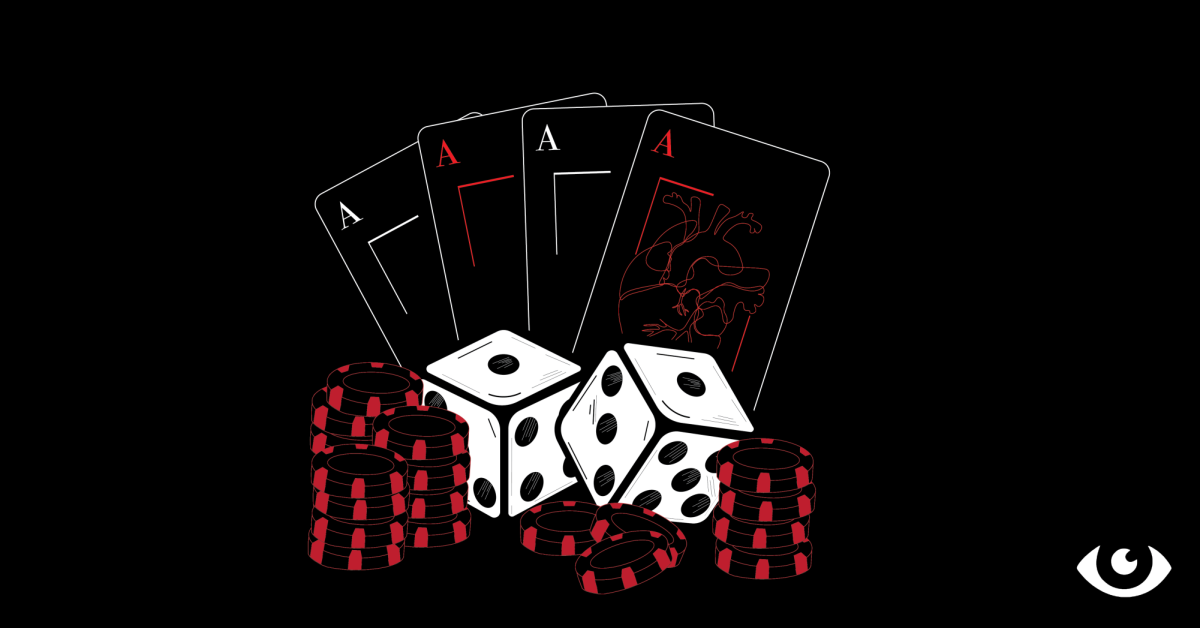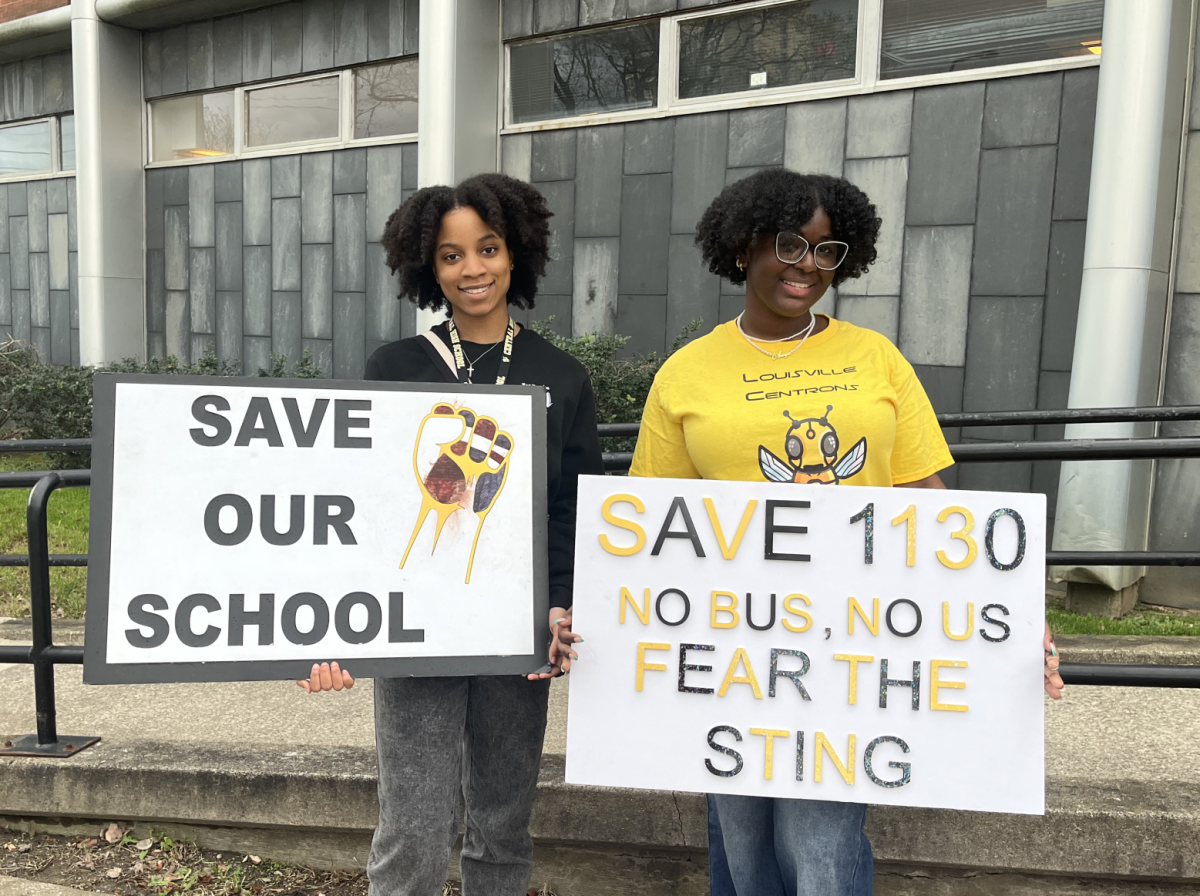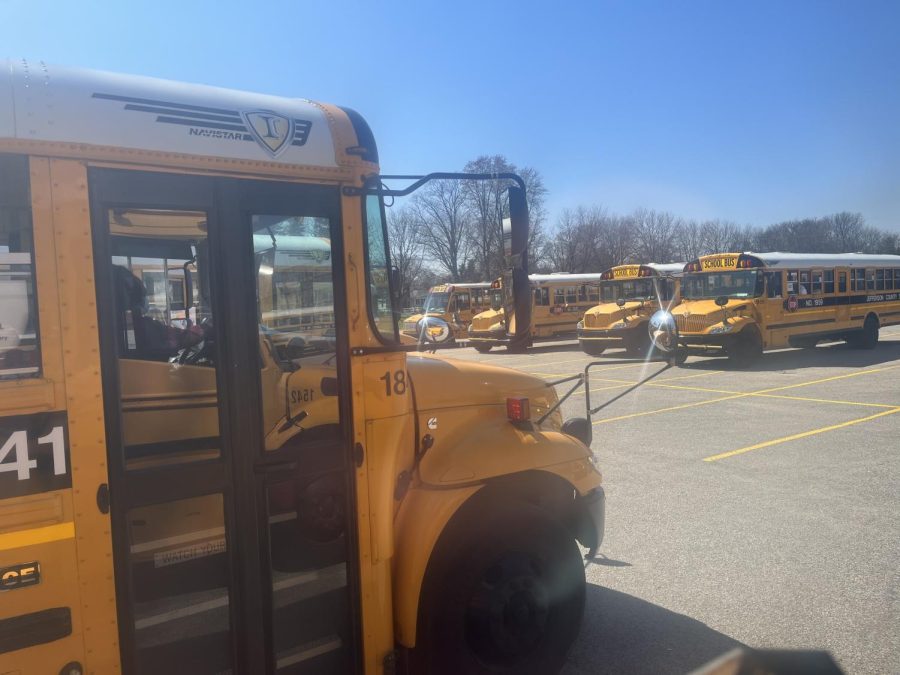This episode of Synapse can be found on Soundcloud, Youtube and iTunes.
Related Article and information:
Fighting the Mermaid
The Mermaid was nonexistent before a man named Howard Schultz. Before Howard Schultz, nobody was drinking lattes. Nobody stopped next to the green and silver building every morning before Howard Schultz, nobody paid six dollars for sugar and milk, with a hint of coffee. Before Howard Schultz, Starbucks was a local coffee shop supplying nothing more than good quality beans.
Starbucks, created by three coffee fanatics in Seattle, was not created with this vision. It wasn’t created to even serve cups at the counter, and it certainly wasn’t created to be the franchise it is today. Starbucks was founded by Jerry Baldwin in 1983 because he was having to drive across two states every month just to get decent coffee beans. Starbucks didn’t get to where it is today until one man came into the company—and that man is Howard Schultz.
Schultz started a revolution. Something that changed the way we drank coffee; how we treated it. But before Schultz, there was another Coffee Revolution. A time when Americans could only get watered down, inefficient coffee from stores, and decided that they needed more. The first coffee revolution ended in the 1950s with the first modern coffee chains, supplying their local Americans with coffee and instructions for at-home brewing. But the second revolution did much more.
Although Howard Schultz was not one of the founders of Starbucks, he gave it a vision and made it what it is today. He gave it the vision of coffee monopoly.
In his book “Starbucked,” Taylor Clark explains ways Starbucks obtains the coffee monopoly that they’re so famous for. Sometimes the company will open two or more stores in one area on the same day to intimidate their competition. And by being a large corporation with no chance of hitting a bump and having to raise their prices to fit the budget, Starbucks has the upper hand against small businesses in general. But there are anomalies.
Heine Brother’s Organic Fair Trade Coffee opened its first store on Longest Avenue in Louisville in 1994. This was after The Coffee Revolution 2.0 had started, well after Starbucks had started going national, but before a Starbucks could be found in Louisville. Now Heine Brothers’ is the leading coffee chain in most parts of Louisville, and its numbers are closer to our Starbucks than most local coffee shops are. One considerable advantage Heine Brothers’ had with its opening was beating Starbucks to the punch—Louisville had some coffee shops back then, like Gloria Jean’s, John Conti and Twice Told. But nothing with the size or omnipresence of modern Starbucks. Though sometimes overlooked, there is a little more to Heine Brothers’ uncommon success.
When Heine Brothers’ customer, Emily Twyman, 16, visits her local shop, she arrives on a patio with stone tables for conversation, work and coffee enjoyment. Past the outside seating stands the doors, with posters for local bands and events hanging on them. Emily steps onto a hand sewn rug, coming from local artisans; then to the tile floors leading to the cash register. Around the cashier hang signs advertising ‘local’ or ‘organic’; her nose fills ten feet away from the coffee bean rack. Behind the cash register and ordering stations are chipped brick walls. Emily orders, and waits for their drink next to the vintage brewers and blenders, and when her name is called she takes it to her seat, whether it be a couch or wooden chair and table.
“The people there are always super nice, and the atmosphere is really laid back. If I order a cold drink I usually drink it in less than five minutes,” Emily said.
Starbucks customers experience something not quite the same, pulling up next to the green and silver sign. While Heine Brothers’ has hand sewn rugs and chipping bricks, Starbucks has tiling and sleek metal. While Heine Brothers’ has wooden seating, Starbucks has metal booths. And while Heine Brothers’ is vintage, Starbucks is modern.
“With everyone from McDonald’s to Thornton’s offering some take on ‘premium coffee beverage’, Starbucks has moved closer and closer to commodity status,” said Jonathan Musselwhite, shop manager of the Chenoweth Lane Heine Brothers’. “What I see when I go to other cities, or even when I take a ride around Louisville, is a proliferation of great third wave coffee shops working to meet the demand of people who don’t want commodity choices.”
Both Musselwhite and Heine Brothers’ spokesperson, Chuck Slaughter, agree that their customers don’t want basic, solely for-profit coffee created by a major corporation. They don’t want commodity choices. One major factor of Heine Brothers’ success, separating it from commodities, is the ‘hipster’ effect. The sense in humans to try to stay as far away from the status quo as possible. This isn’t found in all people, but especially in places like Louisville where local businesses thrive, the sense is common. And both Musselwhite and Slaughter agree that Heine Brothers’ survives off of Louisville’s beloved hipsters.
However scarce unshaven Louisvillians may be at the Starbucks around town, the same sense of community and family is found across these national chains as well as the locals.
“I originally applied at Heine Brothers’,” said Katie Swain, a barista at the Starbucks on Hurstbourne. “I had an interview, but I ended up not getting the job; Starbucks ended up taking me and that’s why I originally chose that job. I love my co-workers, we’re like a huge family. We usually go out after work, we’re always texting and calling each other, seeing what’s up. I love it, I feel like we have a teamwork/family dynamic that is really good when you’re depending on people at work.”
Defeating the common misconception that corporations are merely greedy and money-driven, Starbucks exhibits services to humanity time and time again.
“The benefits are really good, as far as things like insurance. I have a co-worker who is going through the transitioning process from female to male, and all of the transitions, the surgeries, the testosterone, all of that is being covered by Starbucks,” said Swain.
When it comes down to it, it doesn’t matter if Starbucks or Heine Brothers’ changes their products, style or management, because not just one thing defines each of these chains. Loyal Starbucks customers will stay with the Mermaid, and the loyal Heine Brothers’ customers will stay with their organic brew.
Musselwhite said that Starbucks supplies the entry-level drink and confectionery, and that they complete that job well.
“I certainly wouldn’t want one to open up right across the street from my store, and I know there is overlap in our customer base, but mostly I feel like we are offering up different products. Heine Brothers’ coffee is all organic and purchased at fair trade prices from co-ops we help support, and by a co-op we helped establish. Heine Brothers’ coffee is roasted right here in Louisville. Almost everyone in management and leadership started out behind the bar, wearing an apron. That means a lot to me, and to hundreds of people who come see us every day,” said Musselwhite.
Heine Brothers’ doesn’t owe its success to its strong leadership, management or even luck. It doesn’t owe it to The Coffee Revolution, and it certainly doesn’t owe it to Starbucks. Heine Brothers’ wouldn’t be popular in any other city besides Louisville because it was hand-crafted for Louisville. It was hand-crafted for the people that only shop hand-crafted. It’s custom-tailored and custom brewed for Louisville, a city of ubiquitous small businesses. These businesses, not only Heine Brothers’, but places like Breadworks and Twig and Leaf. Places like Carmichaels’ bookstore; these places succeed because of community, because there are people in Louisville that believe in our small businesses, like the people of the Louisville Independent Business Alliance.
Hanging on the shelves, doors, and counters in their shops are advertisements for their coffee. Not “quality brewing” or “finely ground” —but “organic.” “Recyclable.” “Fair trade, vegan, sustainable.” “Local.” Heine Brothers’ prides itself on everything except good coffee. And it works.
The Coffee Revolution is over. People wanted good coffee, and they got it. Then they got more. The people of Louisville wanted a place to drink fairly traded, organic coffee, and enjoy their city; Mike Mays and Gary Heine supplied. And the people across America wanted a place to sit down and just be. And Howard Schultz gave it to them.




